How to know which one is right for you…
The letters USB and XLR refer to the way a microphone connects to the device that’s recording your words. That device could be a computer if you’re recording straight into audio software, or a device like a Zoom recorder.
Getting the right microphone is important because you don’t want to buy something that won’t plug into any of the tech you have.
Want help starting your podcast? Download my FREE ‘How To Start A Podcast’ guide.
So, what’s the difference?
USB Microphones
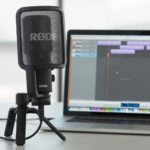
With a USB mic you can take it out of the box and start recording into software like Audition or Audacity or a remote recording platform like Squadcast or Riverside.fm straight away (providing you’ve plugged the thing in of course).
It’s important to note that even if you’ve got two USB ports on your computer, using two USB microphones isn’t as easy as just plugging them in and pressing record.
If you do this your recording will likely pick up the sound from one microphone but not the other and you’ll be pulling your hair out trying to figure out why.
This happens because the soundcard in your computer isn’t set up to read multiple microphones. So you’ll need to download software to help your computer recognise more than one mic (PC) or configure things in the audio set up of your computer (Mac).
This is not a process for the faint-hearted and if you’re just getting your head around recording audio I’d leave this for the pros and use one of the tech setups below if you want to record multiple mics.
XLR Microphones
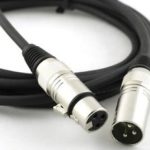
These cables don’t plug directly into a computer so if you want to use your XLR mic to record into software or a remote recording platform, you’ll need a piece of hardware in between called an audio interface.
What the hell is an audio interface?
It’s just a fancy way of describing a box that has inputs where you can plug in multiple microphones and an output that plugs directly into the USB port of your computer.
These devices help turn your analogue (XLR) mics into digital mics so your computer can register what you’re recording.
You can purchase an audio interface like the one above or use a recording device, like a Zoom recorder as an audio interface. The benefit of this option is you can also use it as a portable recorder so it gives you a lot more flexibility.
How do you work out which microphone is right for you?
When you’re starting out you’ll want to keep your equipment as simple as possible so here are some questions that will help you make the right decision…
Are you going to be recording your show by yourself or with a remote guest i.e. each person will be recording in their location by themselves?
If yes, a USB mic will do you just fine.
Do you want your show to be mobile i.e. will you be recording interviews with people at different locations?
If yes, a Zoom recorder or a similar device will be best.
These devices use XLR microphones but since you can also use them as an audio interface it means you can use these XLR mics to record into your computer just by plugging the device in.
Do you want to record more than one person in the same location and use a computer?
You’ll either need to configure your computer (which I don’t recommend when you’re starting out) or get an audio interface.
As mentioned above, my advice is to get a Zoom recorder or something similar and a bunch of XLR mics.
This is because these devices give you more flexibility so you don’t have to buy multiple pieces of equipment.
The good news
As podcasting has grown in popularity the tech is getting better and much simpler to use.
Now a lot of microphone companies have released microphones with both USB and XLR cables so you can plug them into whatever device you’ve got without needing to buy additional hardware.
If you’re looking for simplicity in your podcast setup, getting a mic that can record either way is a good option.
🎙️ Want to start a podcast but feeling overwhelmed?
Grab my free “How To Start A Podcast” guide or get step-by-step support inside my online course, PodSchool.
Got a question about podcasting? Send it my way so I can answer it on the podcast!
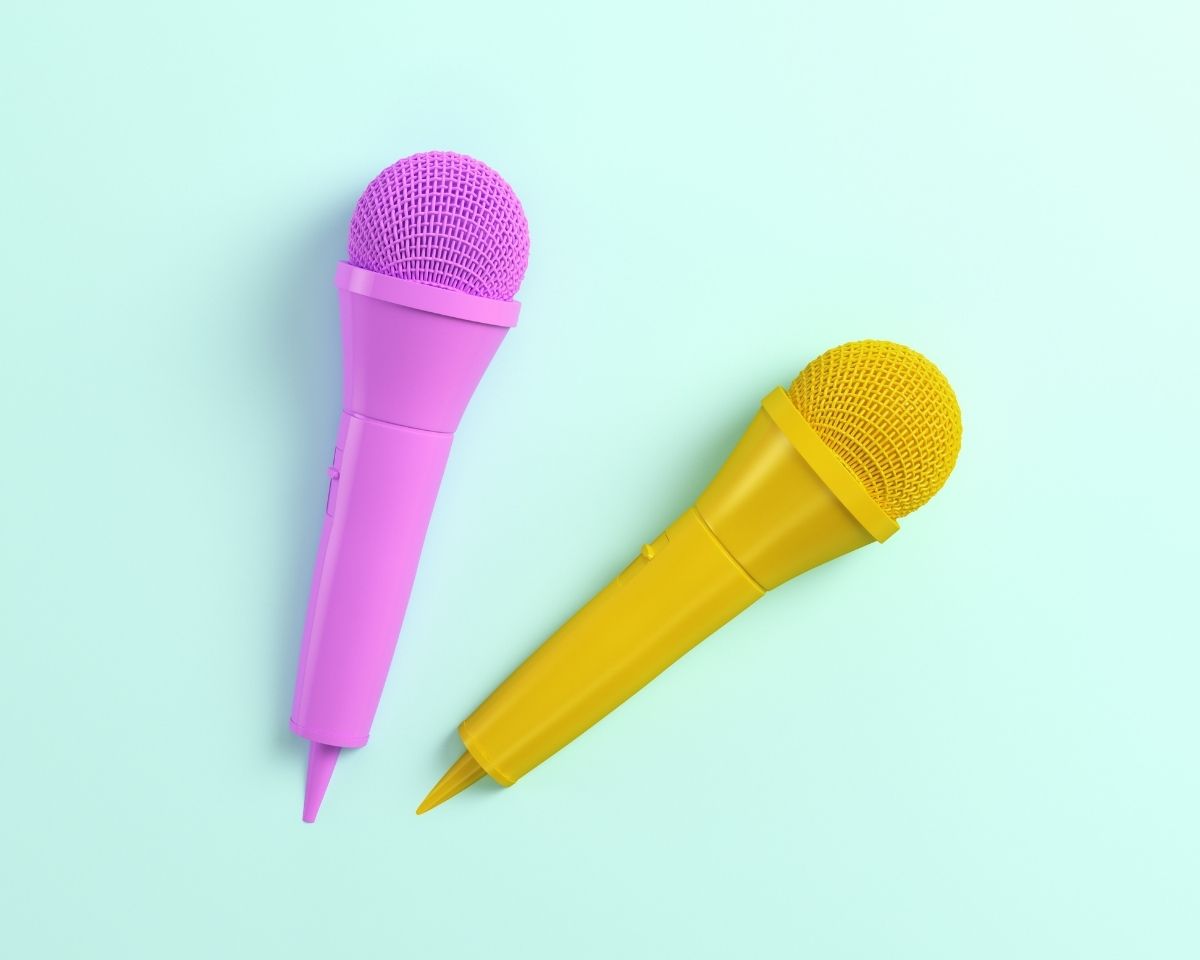
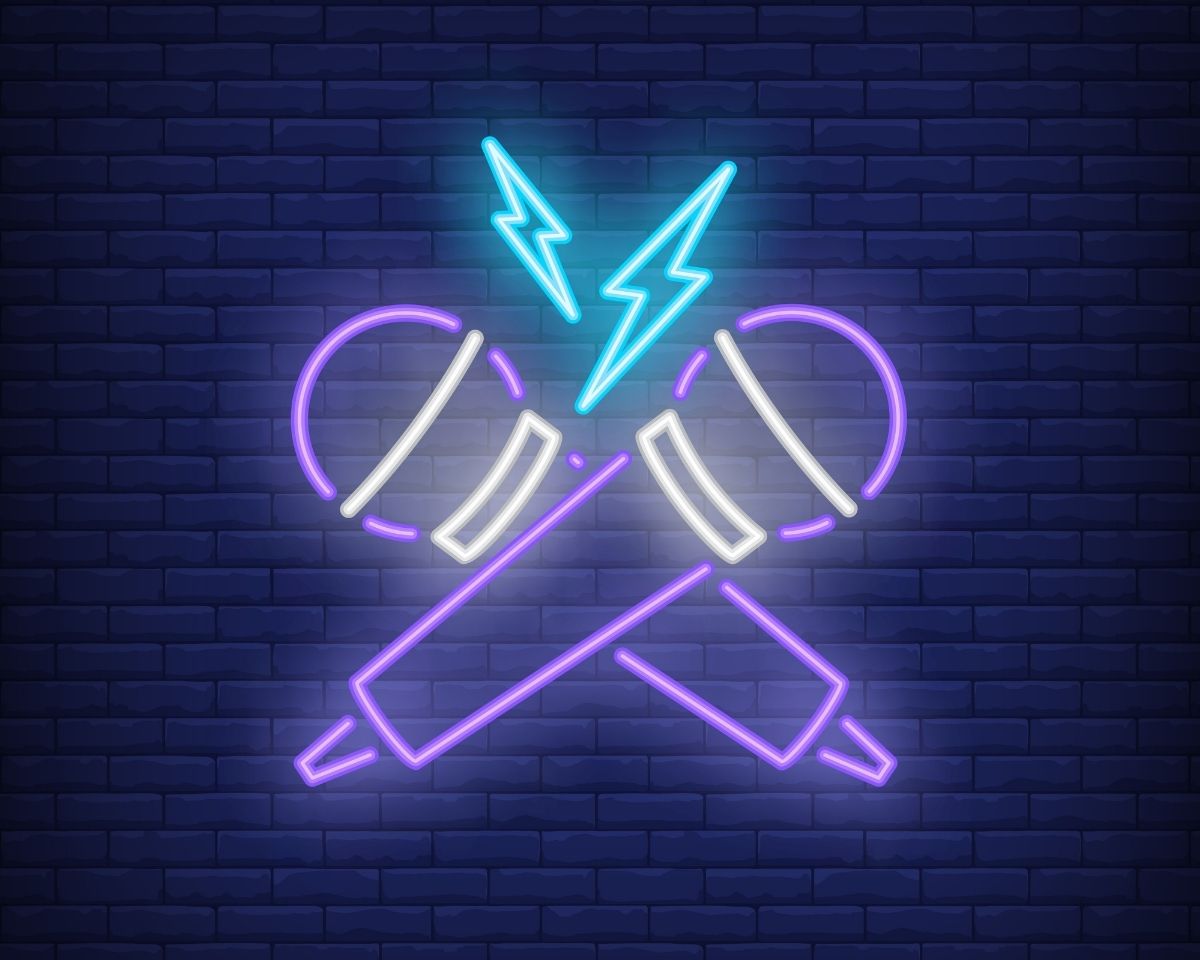
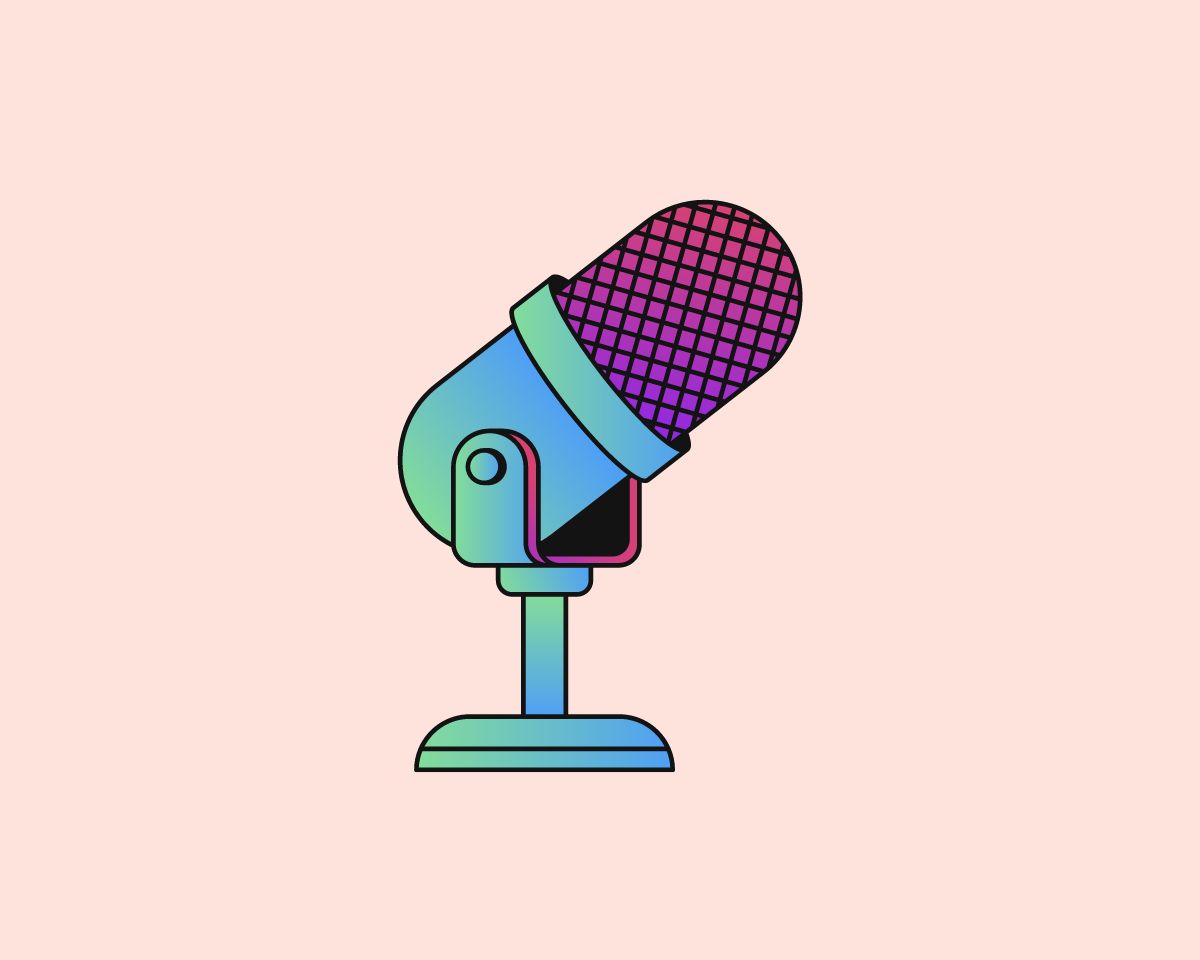
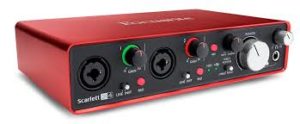
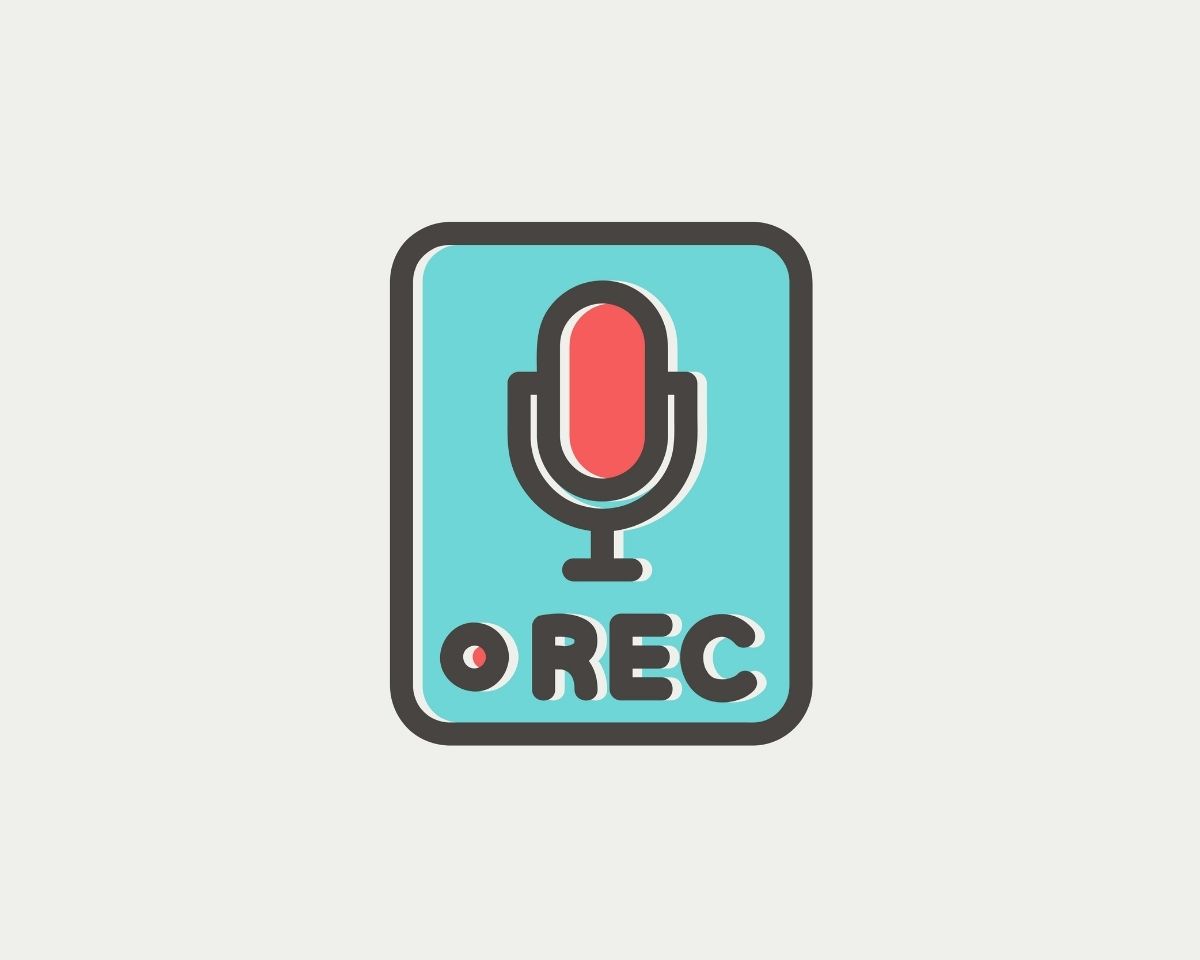


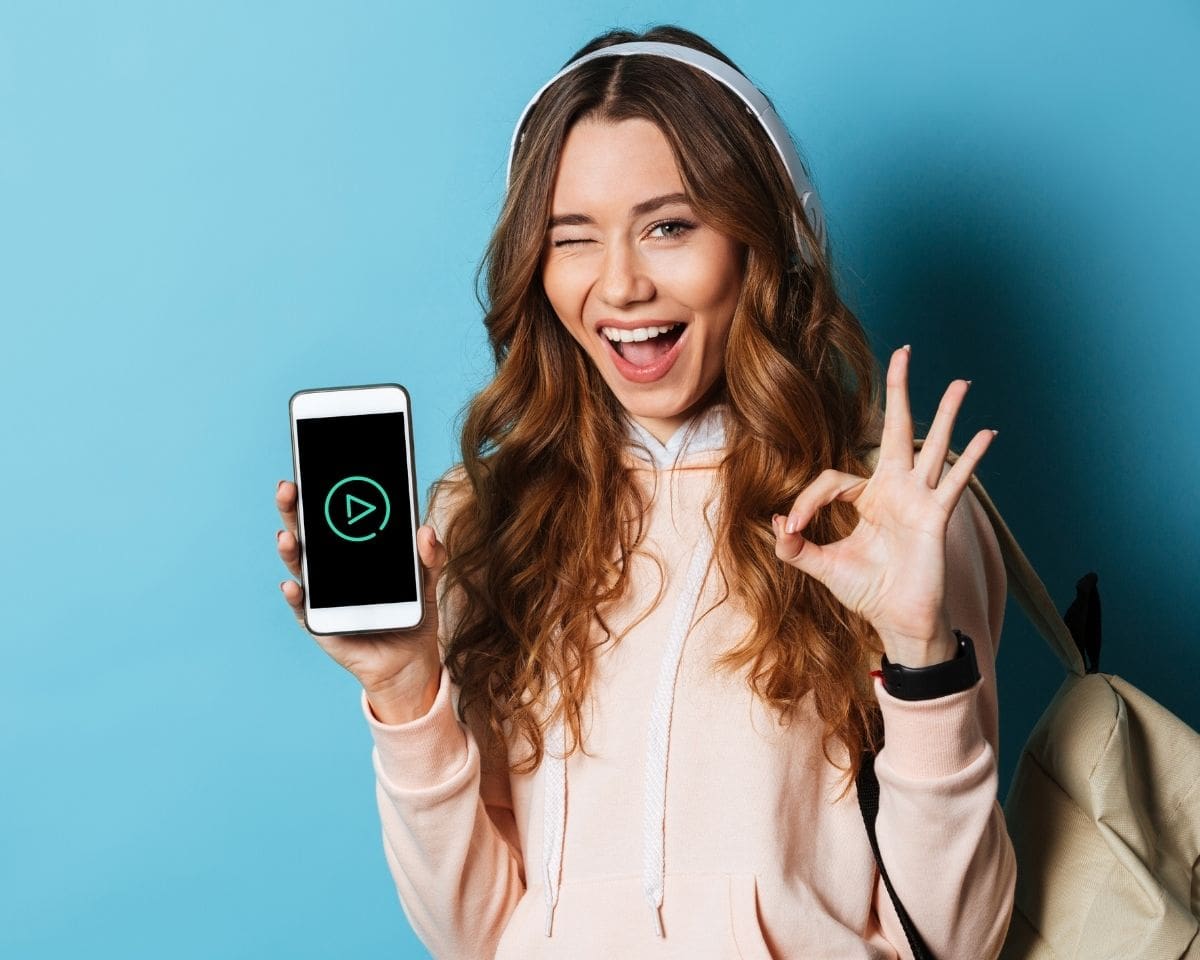
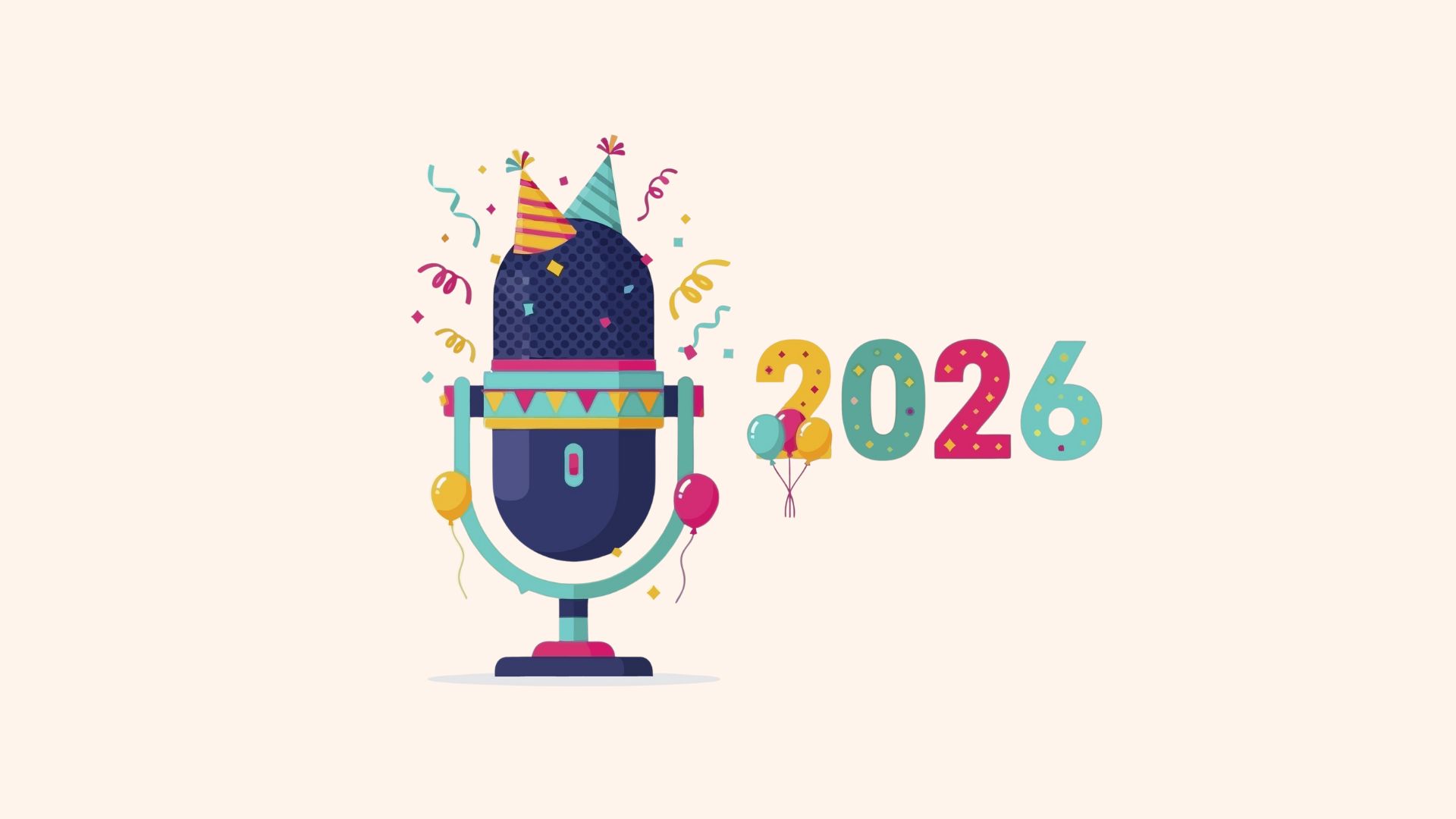
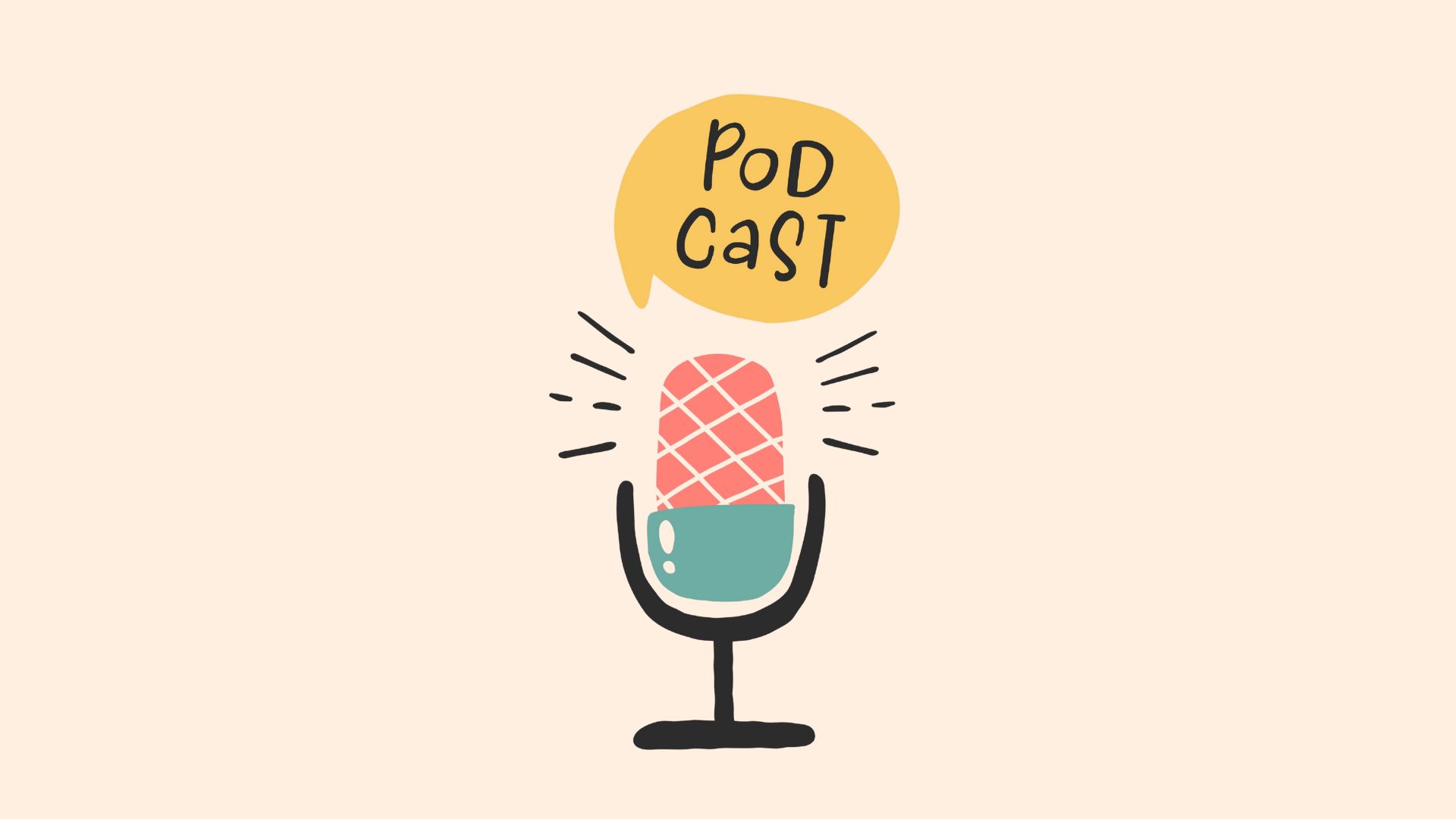


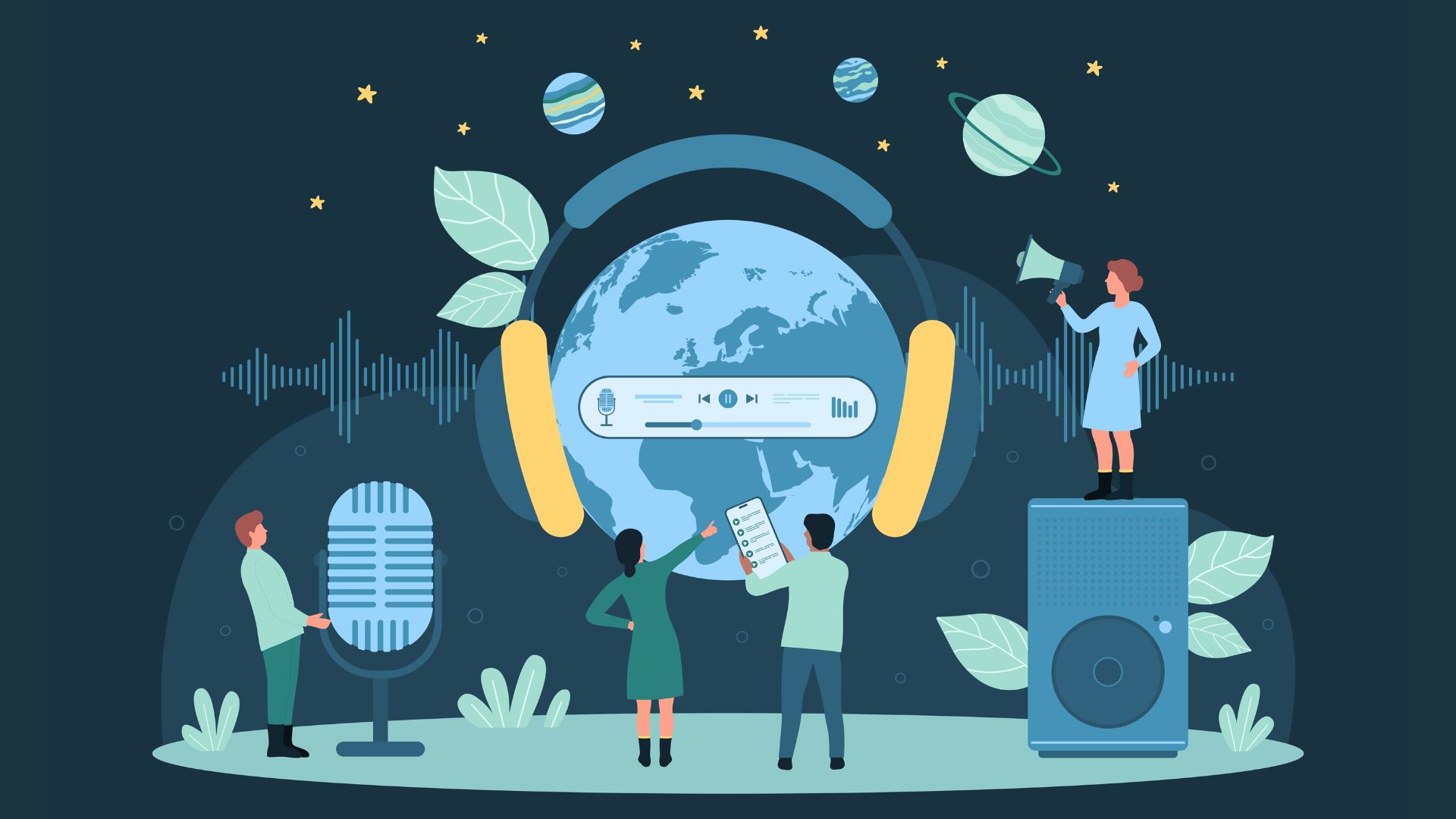

2 Responses
This is a crucial question when it comes to picking a microphone between USB and XLR. You did a great job and help me choose the best mic for me. Keep up the good work. Thank you!
XLR for the win